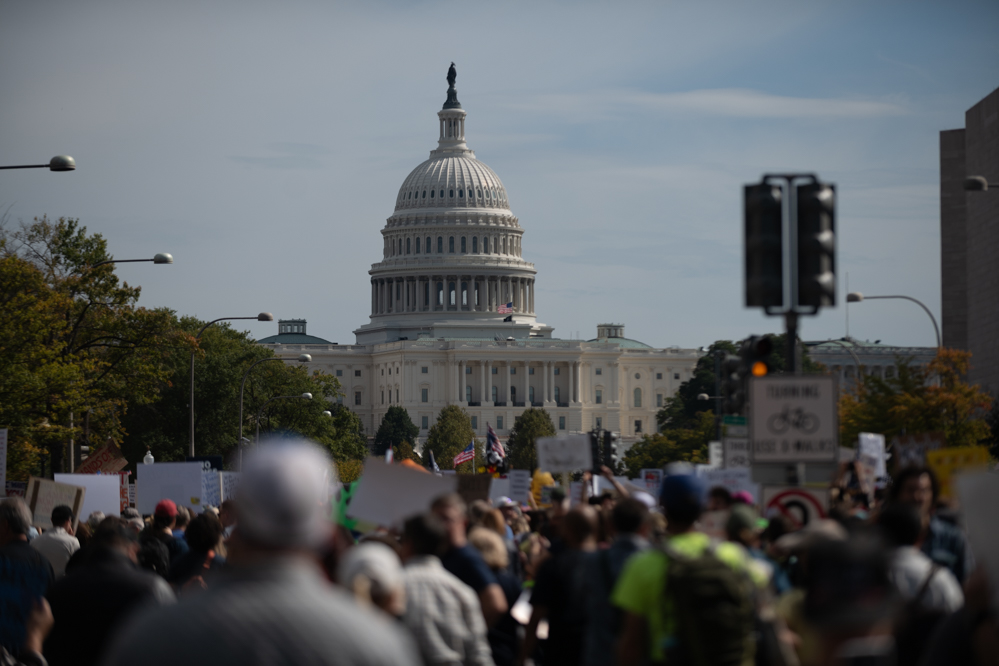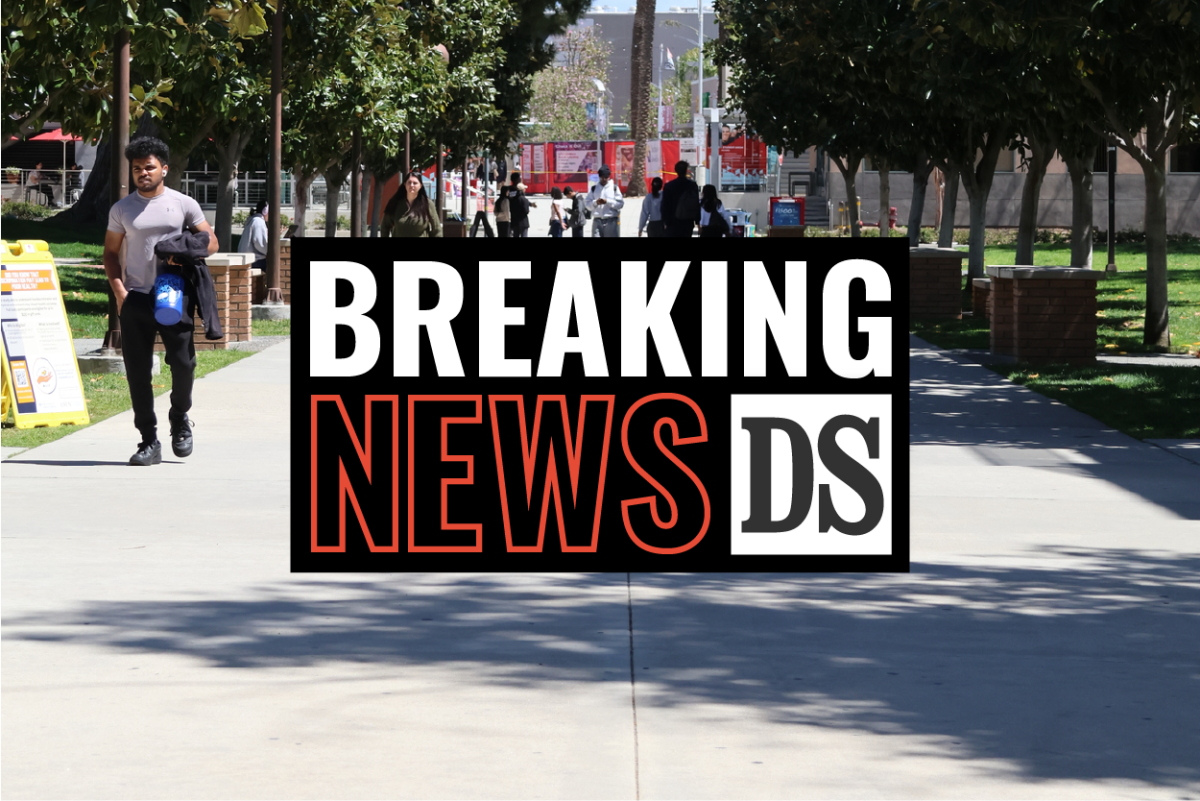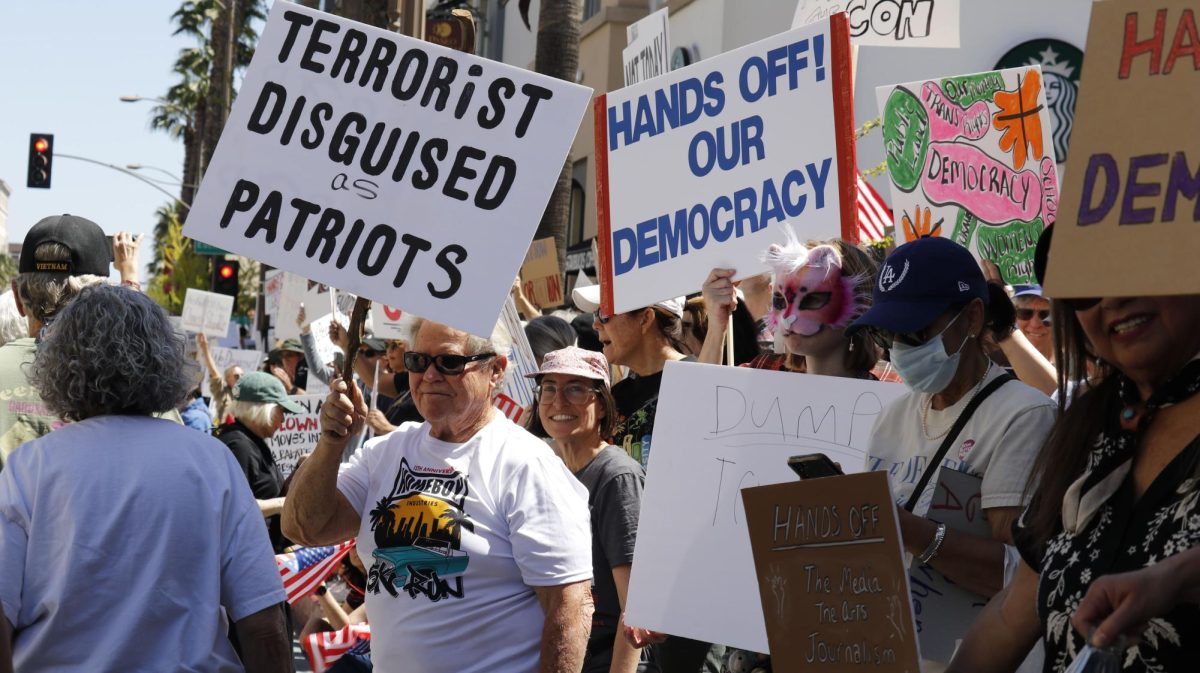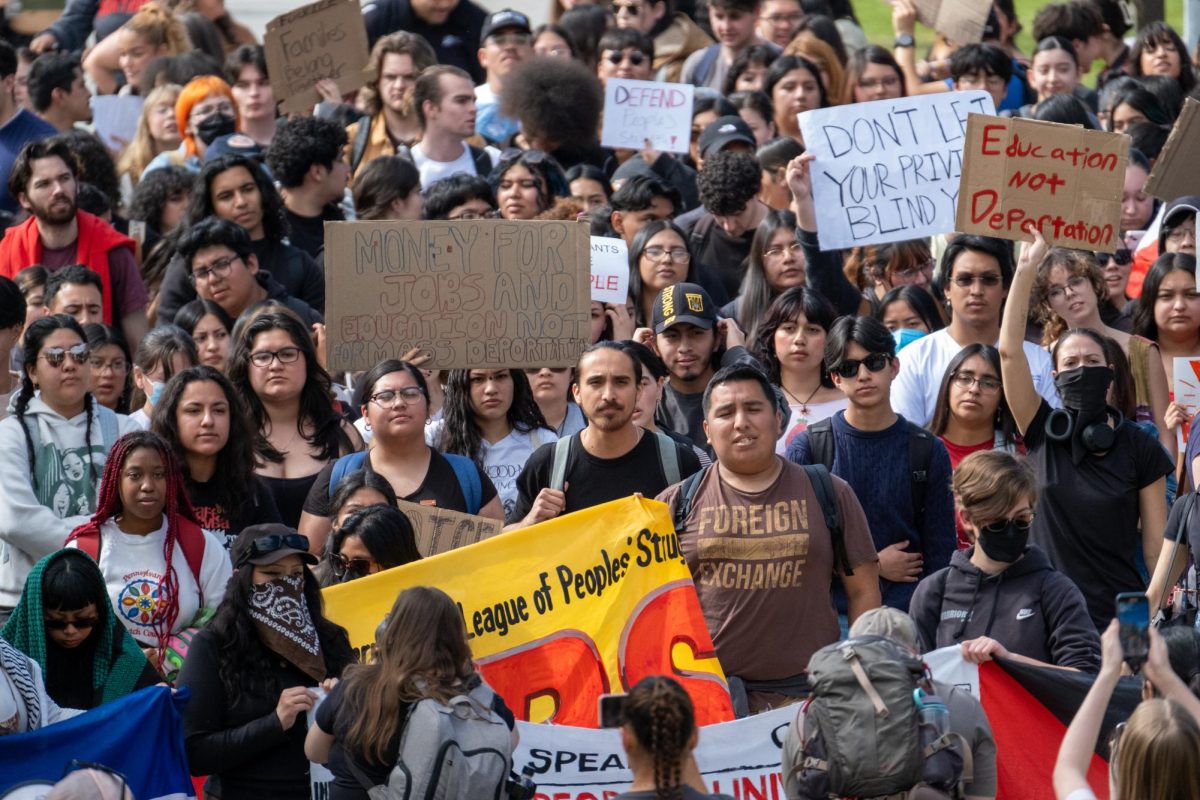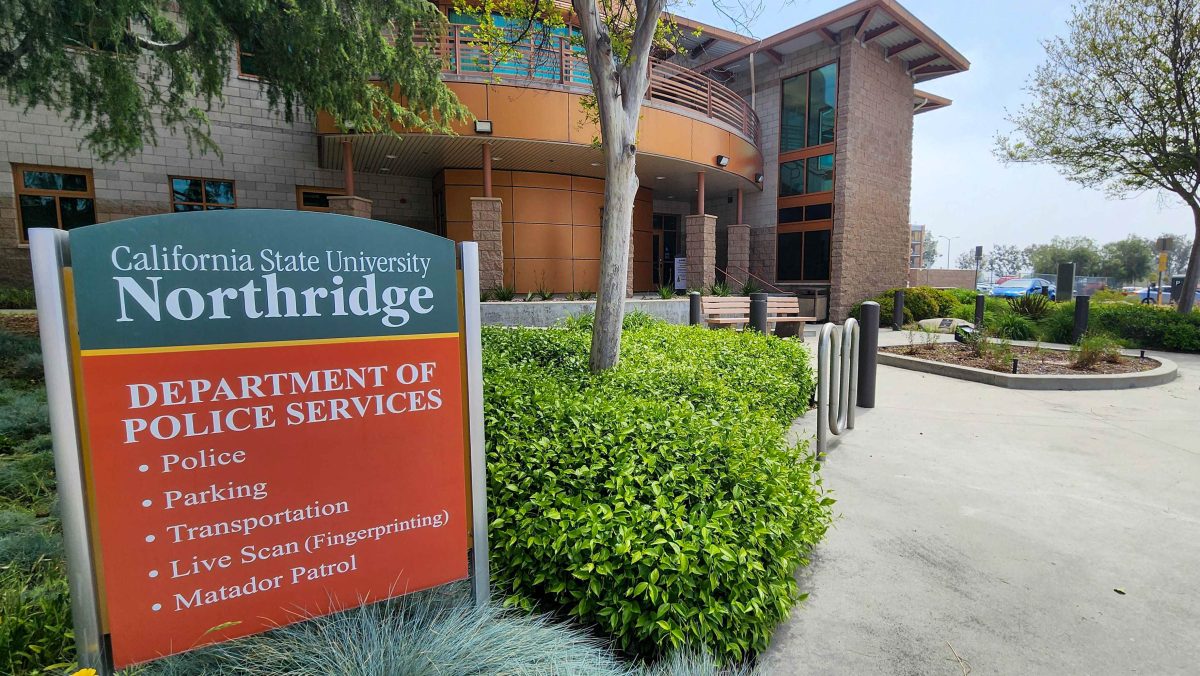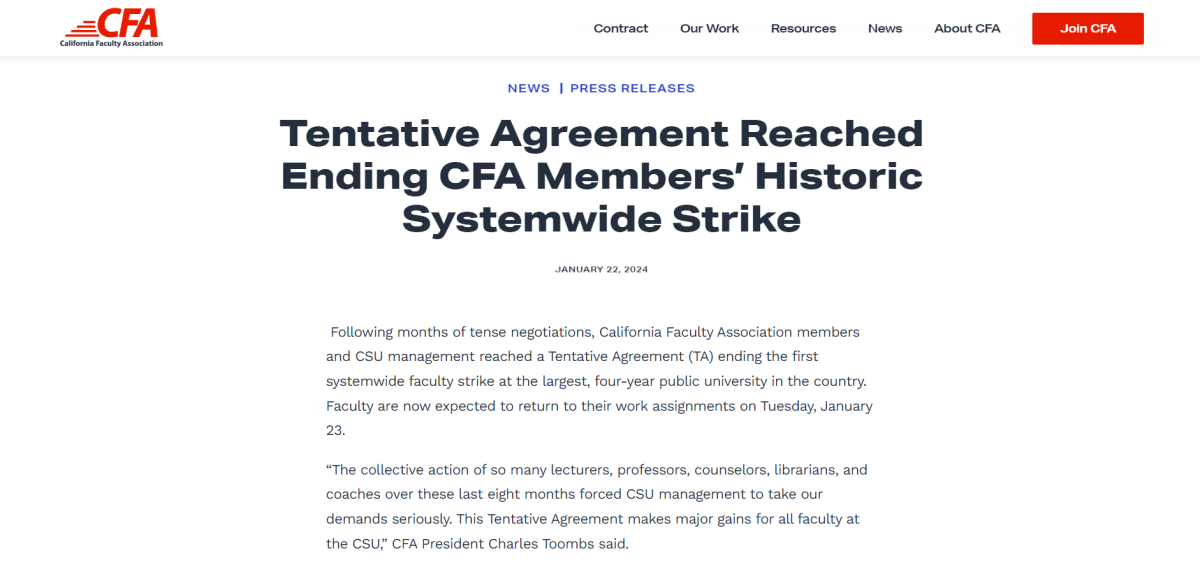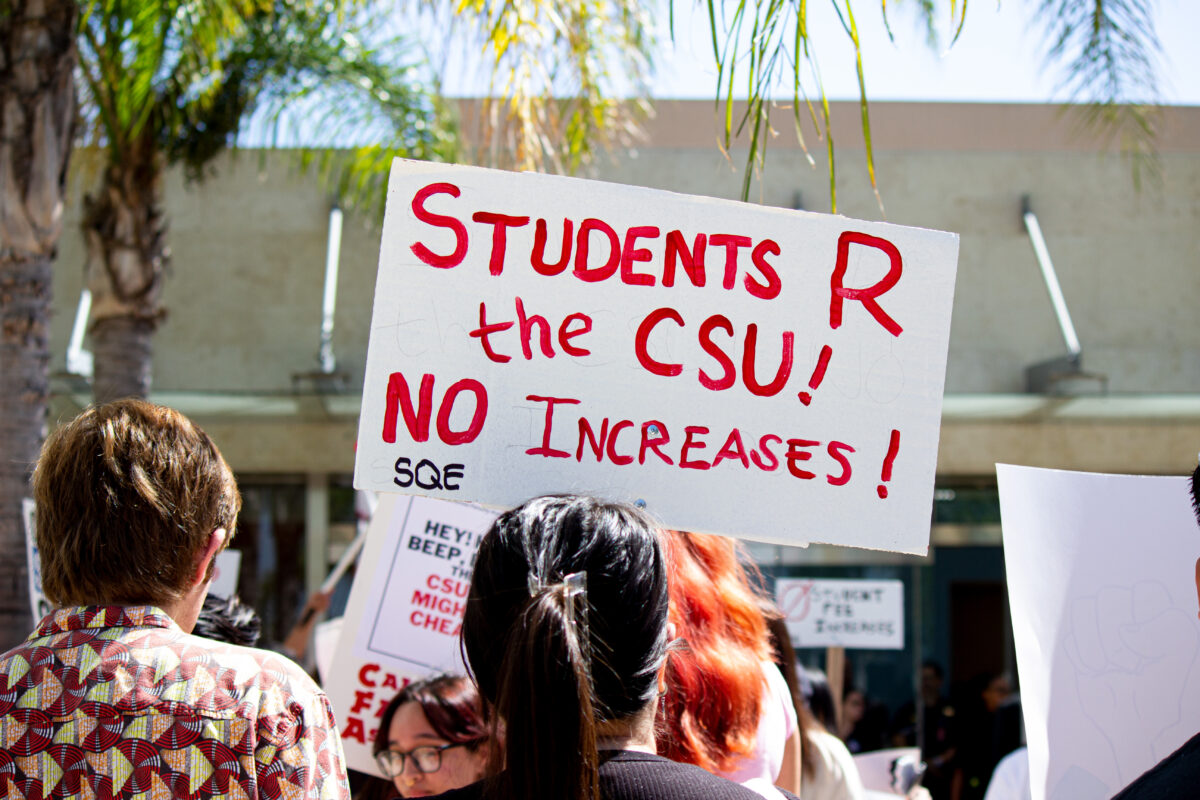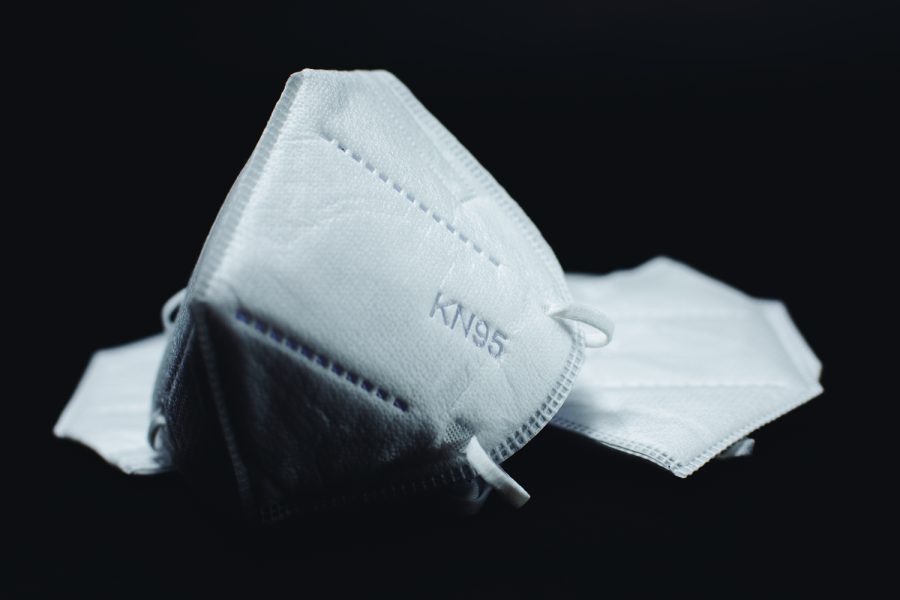The California Faculty Association (CFA) has released a report that shows public and private funding, such as those generated by revenue operations like auxiliary organizations, have been mixed.
The report states the CSU Chancellor’s Office, including the CSU system’s executive vice chancellor and chief financial officer, were aware that public money was being improperly deposited in auxiliary organizations, according to the CFA.
The report is based on minutes from a series of closed-door meetings of CSU executives that were discovered about two weeks ago, said Lilian Taiz, history professor at Cal State Los Angeles and CFA president.
Taiz said in a conference call that the minutes revealed the business officials were trying to “clean up any mess before it gets to be bigger.” She added that the CFA “suspected problems for years” and is now asking the chancellor for transparency and accountability.
Erik Fallis, the media relation’s specialist for the CSU system, said the issue was identified in June as an accounting process problem and the issue of transparency is a moot point.
“There is room for improvement but this is not an issue of transparency but accounting,” Fallis said. “It’s about reimbursing money in a timely manner.”
Taiz added that the amount of public money being held in non-public accounts is unknown because the organizations are not subject to public record laws. She said this is one of the reasons the CFA supports SB330, which would subject the organizations to the California Public Records Act.
Included in the report is a list taken from the Chancellor’s office website of CSU foundations and auxiliaries from the 23 CSU campuses. Taiz said it was unknown which campus organizations were involved.
CSUN’s auxilary organizations — Associated Students, Northridge Foundation, The University Corporation, University Student Union and North Campus University Park Corporation are included in the list.
Tom McCarron, vice president of administration and finance said CSUN’s auxillary organizations went through their regulary scheduled three-year audit in 2009.
“(We) worked closely with each auxiliary organization and addressed the auditor’s recommendations,” he said. “Our university auditor submitted documentation regarding the moving of auxiliary agency accounts to state trust accounts and the audit recommendation has been completed.”
